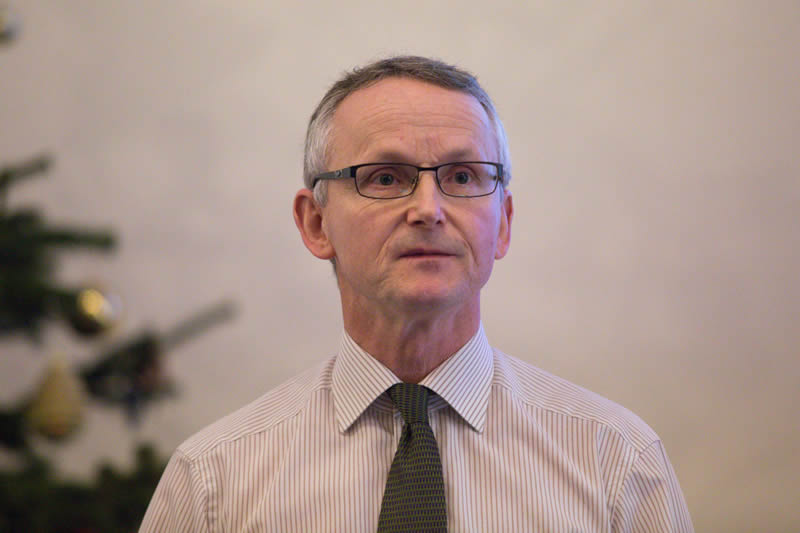
British Egg Industry Council (BEIC) subscribers have abandoned the idea of creating an industry levy to cover the cost of recovering from bird flu.
The Ranger was told following a meeting of subscribers this week that the levy would not go ahead. This has now been confirmed in a statement released to us by Mark Williams, chief executive of the organisation. “BEIC subscribers have decided that, with several alternative policies on offer, individual egg producers and packers should be encouraged to take out insurance, or make other arrangements, rather than the industry attempt to organise an industry levy which would be difficult to impose and administer across the entire industry,” said Mark in the statement.
The industry has been looking to create some sort of funding model since the true cost of cleansing became clear following an outbreak of bird flu at Staveley’s Eggs near Preston in Lancashire in July last year. Nearly 200,000 birds were lost. Staveley’s has put the total cost of the outbreak at more than a million pounds. Secondary cleansing and disinfection alone cost half a million pounds.
At the time of the outbreak, the industry responded to appeals for financial help to enable the cleaning operation to be completed more quickly ay Staveley’s. This was to enable export markets to be re-opened as soon as possible. However, the industry has been looking for a longer term solution to the problem. The British Free Range Egg Producers Association (BFREPA) led the way with a ground-breaking deal to secure one million pounds of secondary cleansing and disinfection cover in an agreement with brokers Scrutton Bland. The wider poultry industry had been looking at the possibility of some sort of industry-wide levy to cover clean-up costs.
In his statement to the ranger following this week’s BEIC meeting, Mark Williams said, “The British Egg Industry Council (BEIC) has been involved in extensive discussions with UK poultry industry colleagues to consider how to ensure that, in the event of further UK outbreaks of avian influenza, secondary cleaning an disinfection is completed in a satisfactory and speedy manner.
“Following the recent AI outbreak in Preston, BEIC and other industry organisations contributed to the cost of secondary C&D of the infected premises to help speed up regaining the UK’s country-free status, in the absence of insurance cover. While these discussions have been taking place, several insurance companies have brought out policies specifically to cover this area, and several egg companies and industry organisations have already taken them up.
“BEIC subscribers have decided that, with several alternative policies on offer, individual egg producers and packers should be encouraged to take out insurance, or make other arrangements, rather than the industry attempt to organise an industry levy which would be difficult to impose and administer across the entire industry.
“BEIC is to include a range of additional bio-security measures in its Lion Code of Practice,” he said.
Shortly before Christmas, Mark told the Ranger that creating an industry-wide levy to deal with secondary C and D was a priority. Loss of exports at that time had cost the poultry more than £50 million, he said. “We appreciate the urgency there is as the Poultry Health and Welfare Group (PHWG) to find a solution. Things are starting to come together, which is great,” said Mark.
PHWG was expected to ratify a proposed levy at a meeting this week, but BEIC subscribers have now decided against this approach. They will now be encouraging the adoption of insurance schemes like the one put in place by BFREPA.
